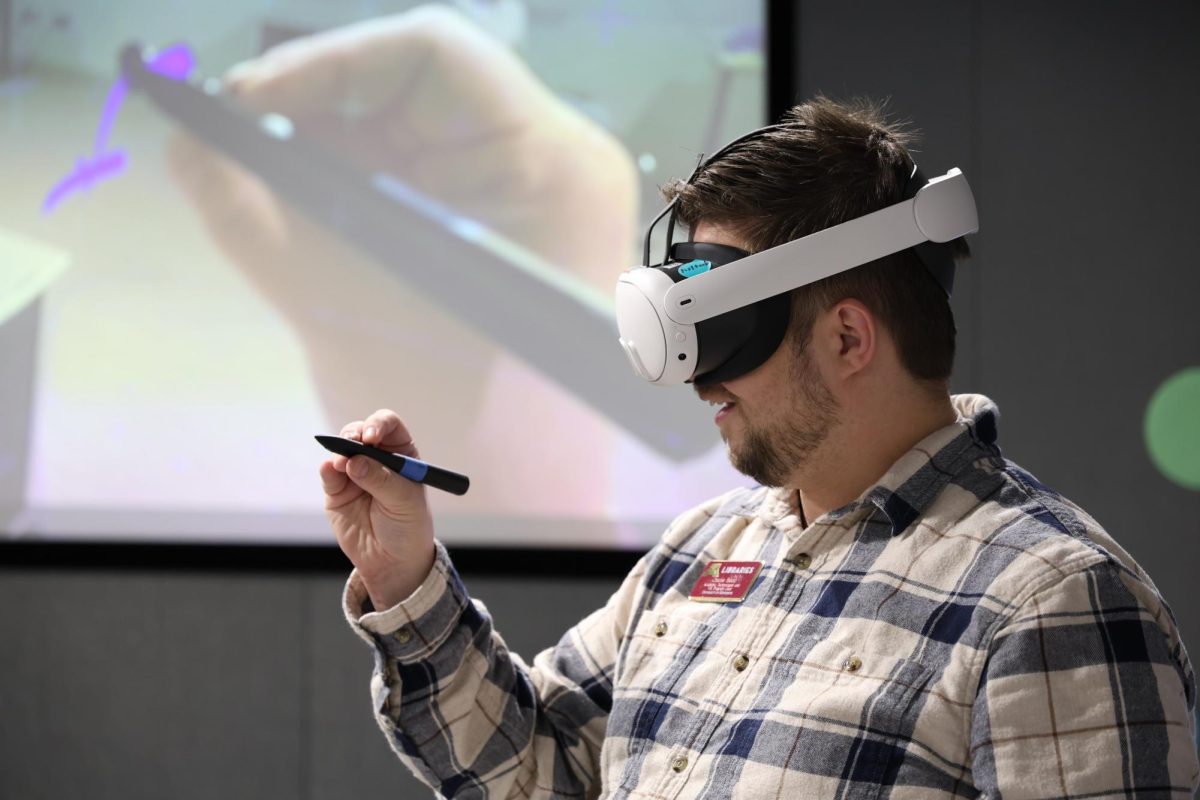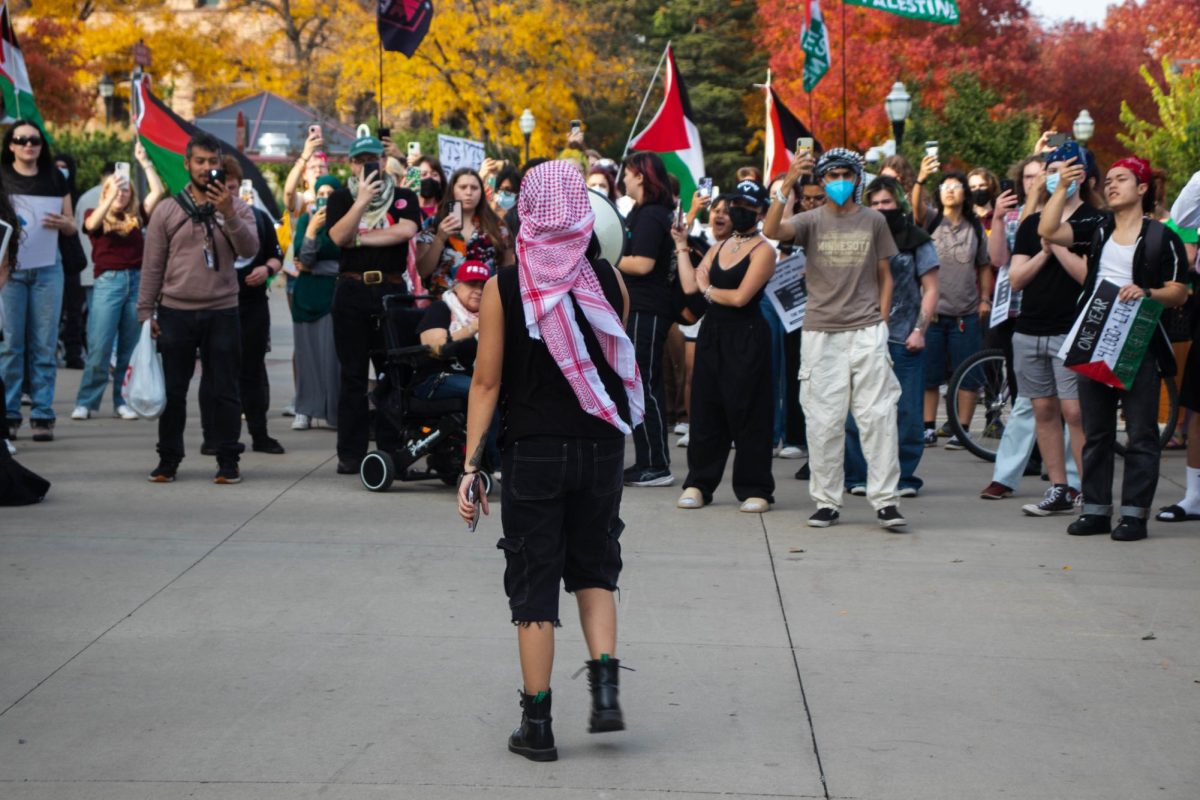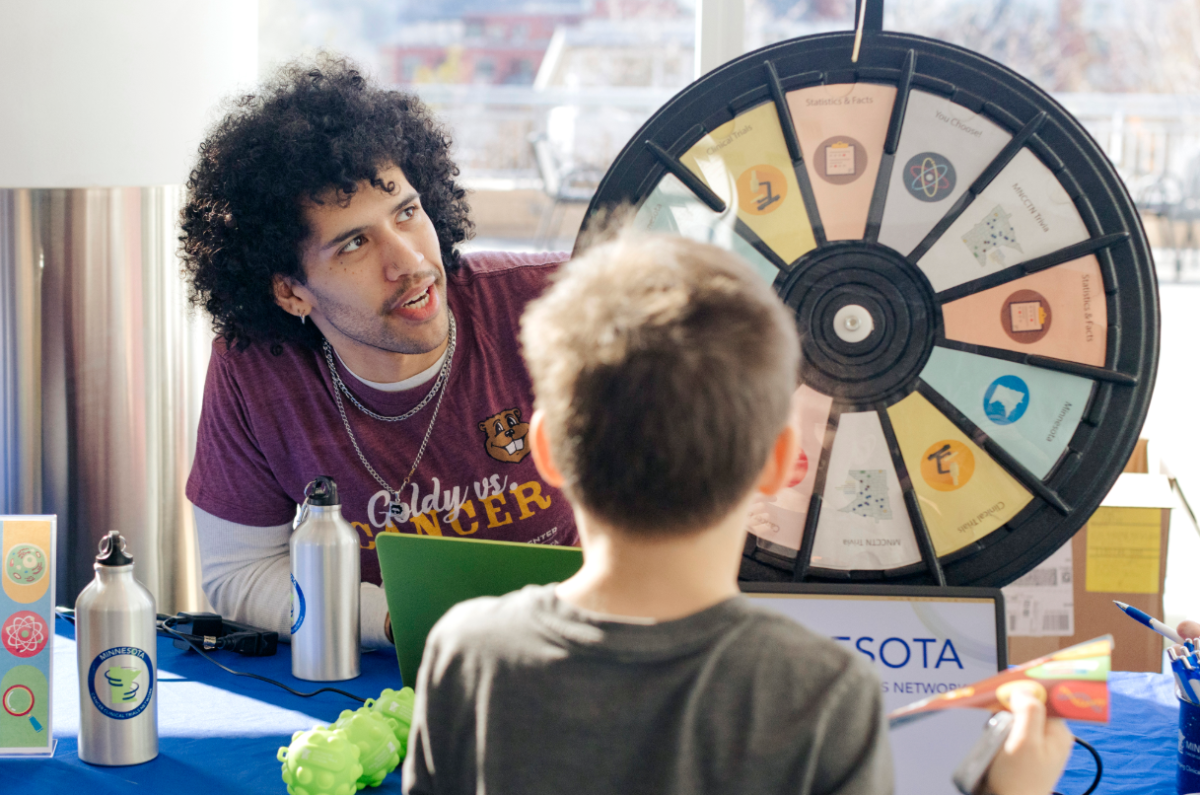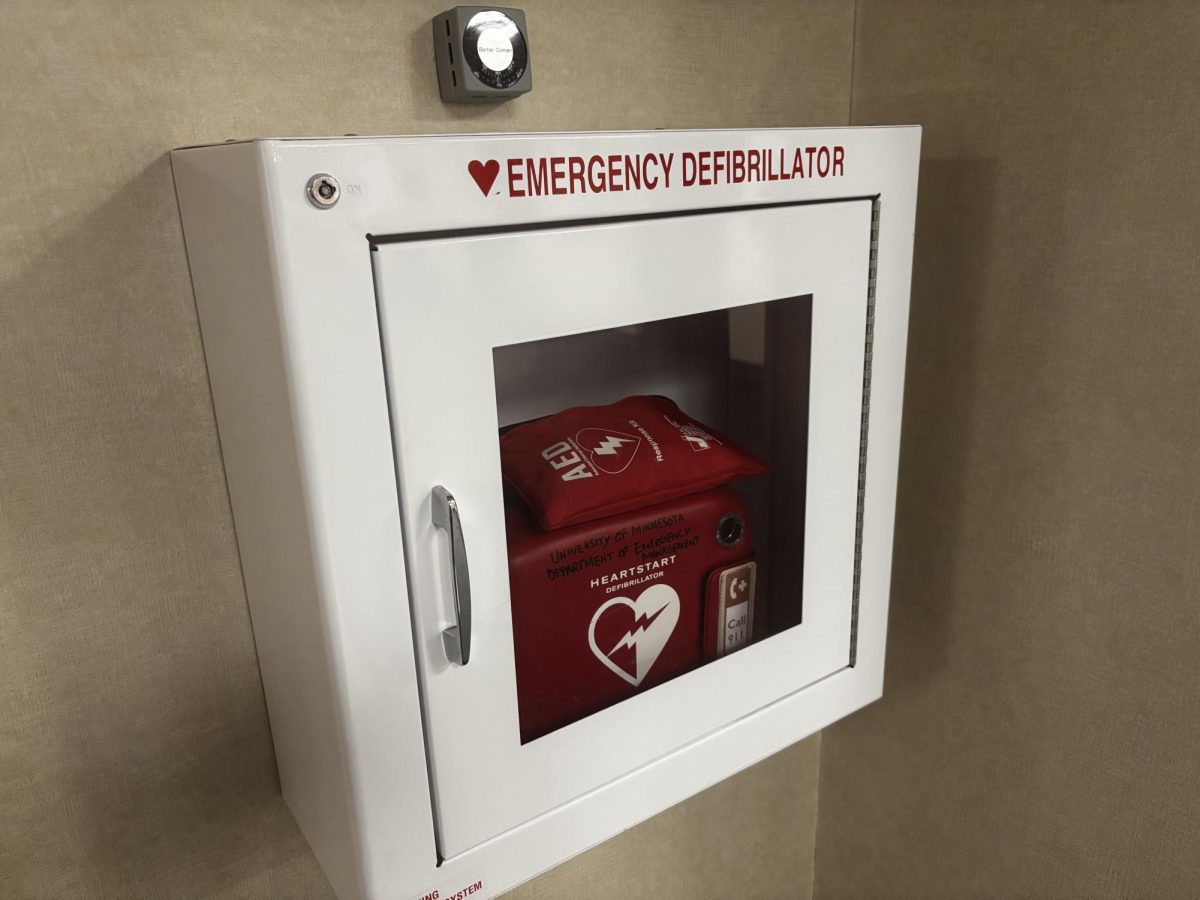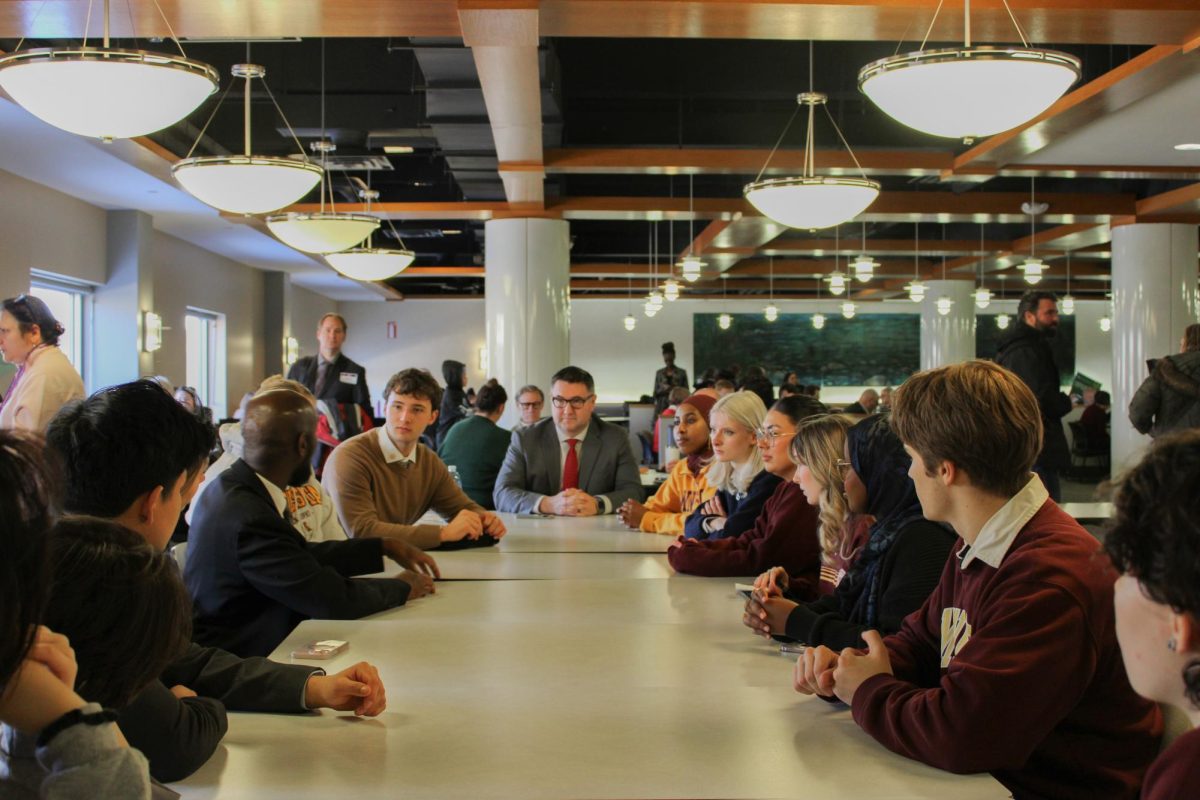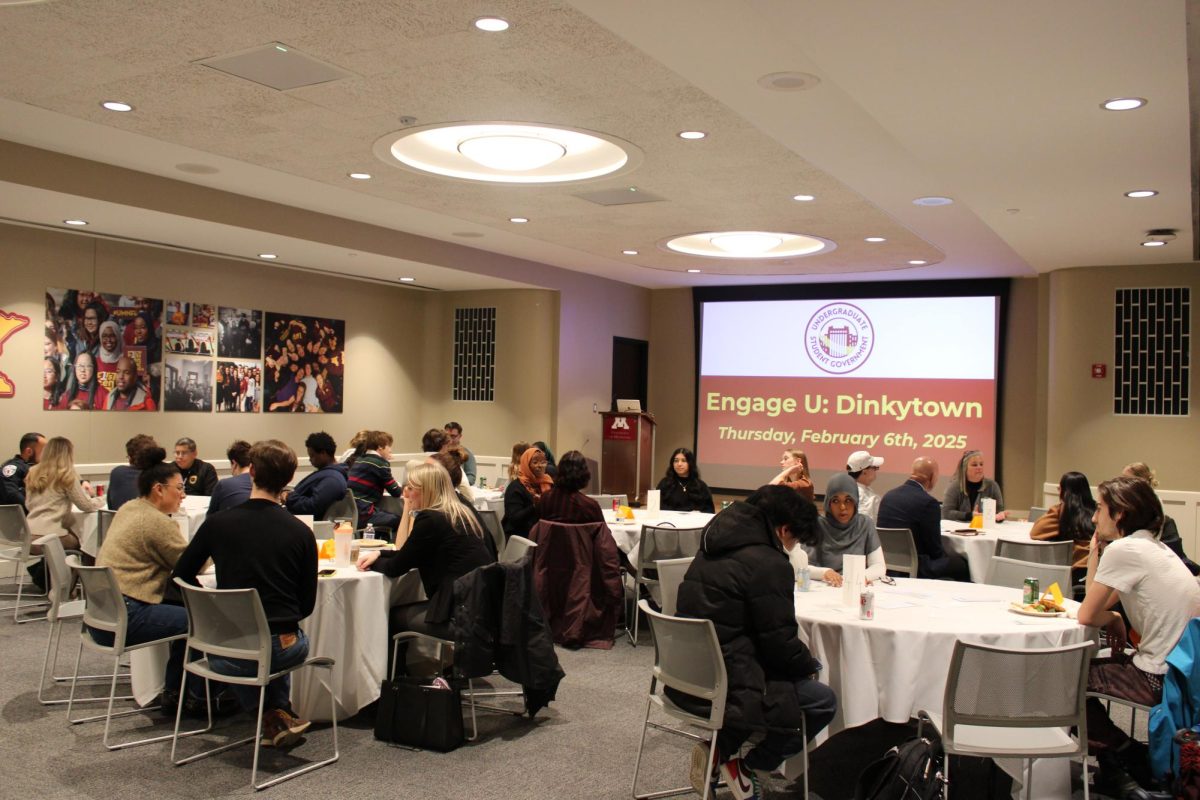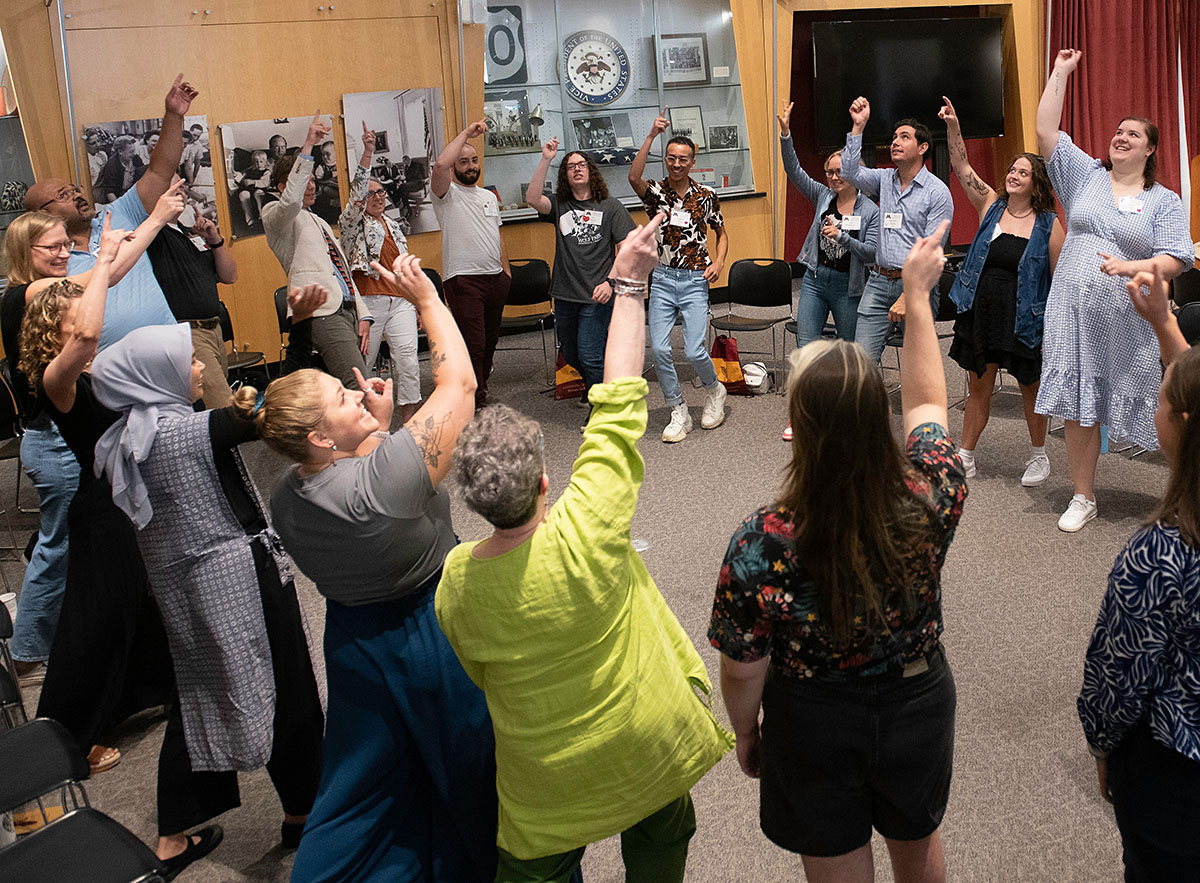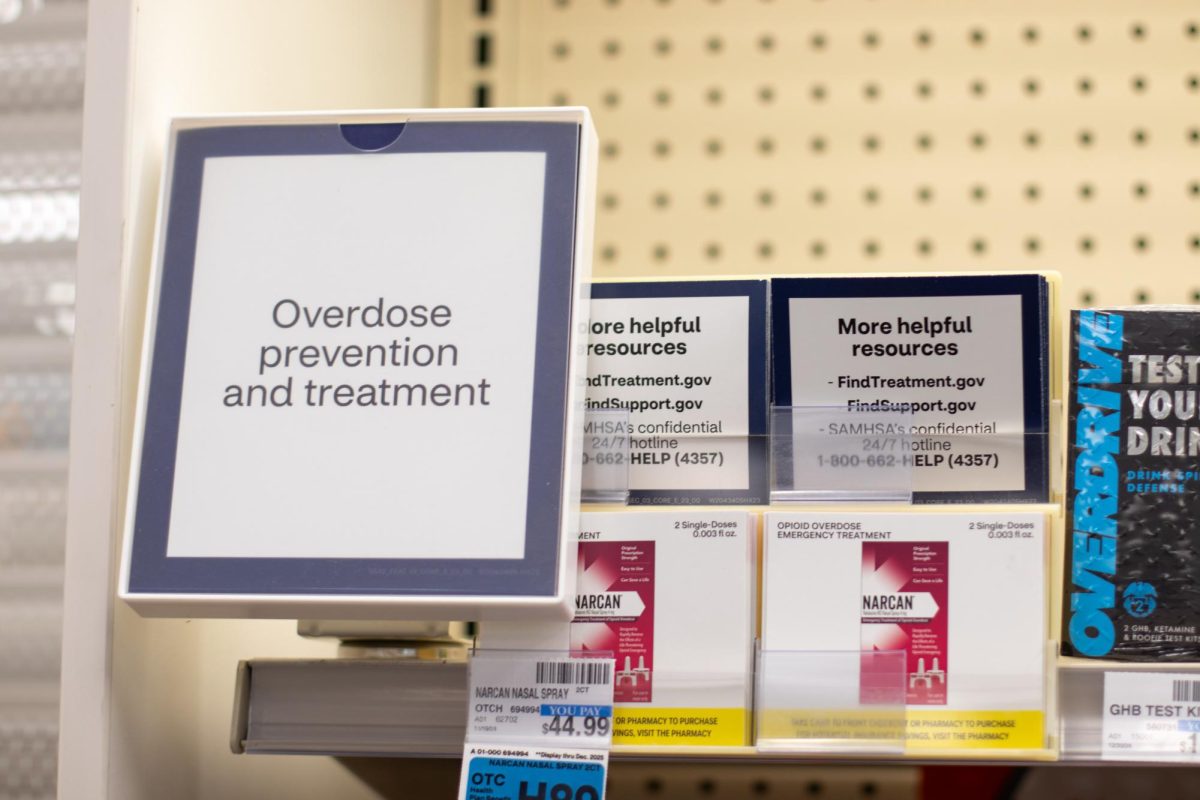The University of Minnesota Undergraduate Student Government’s (USG) newly founded Food Insecurity Ad-Hoc Committee aims to combat food insecurity issues on and around campus.
Though a long-held USG priority, the Committee was founded this semester with its ultimate goal of getting a question on the ballot in the March 11 campus elections. The question would ask students whether they want President-Designate Rebecca Cunningham to make tackling food insecurity a priority.
Committee Director Amara Omar said getting a question on the March 11 ballot would prove food insecurity is a legitimate issue students face on campus, particularly as Cunningham prepares to begin her term in July.
“It’s the first step of legitimacy,” Omar said. “That means admin knows about it. They see it.”
Looking to the future, the Committee’s long-term goals include getting the NutritiousU Food Pantry a permanent place on campus and opening a break-even, on-campus grocery store, according to Omar.
The store plans to follow a break-even model in which the store makes only enough money to cover the cost of operations and labor required to run it, said USG President Shashank Murali.
The Pantry currently operates out of the first floor of Coffman Union on Tuesdays and Wednesdays. Lines to access the Pantry are usually very long and volunteers are stretched thin, Omar added.
“It’s just not sustainable,” Omar said.
Omar said the Pantry’s high demand is evidence of the prevailing food insecurity issue on campus and she hopes the Committee will be able to get it a permanent space and increased funding.
The Committee’s first few meetings have gone well, according to Omar, adding that the Committee also boasts a diverse membership.
“We have food sciences majors, business majors, sociology majors, political science majors — students of all scopes,” Omar said. “Students who also live on campus, live in dorms and students who live off-campus.”
In its meetings thus far, Omar said the Committee has worked to develop outreach strategies, speaking to individual student groups to garner support and conduct digital outreach.
Omar said much of the student feedback given to the Committee reflects the student body’s desire to have a break-even, on-campus grocery store.
“If you walk up to people and say, ‘Hey, let’s get a grocery store on campus,’ they’d be like, ‘Yes, totally, we’re sick of Target,’” Omar said.
Murali said the idea for an accessible grocery store is based on making something to benefit students long-term, not-for-profit effort by the University.
Currently, the only available grocery options near campus are Target in Dinkytown and Fresh Thyme in Prospect Park, according to Kent Kramp, president of the Dinkytown Business Alliance.
Murali said the hope is to work with a provider to introduce a grocery store to campus with high-quality, low-cost grocery options, unlike Target and Fresh Thyme.
Kramp said the opening of an on-campus grocery store would be a great benefit to the University community with little effect on Dinkytown businesses.
“The people that want to cook their own food and not eat at a restaurant are already doing that,” Kramp said. “I think [an on-campus grocery store] would just make it more convenient.
Though there was a community push to put a grocery store in the development below the Identity apartments in Dinkytown, Kramp said he thinks a grocery store has not opened yet because it is a difficult business to operate near a college campus.
Given the necessity for a large enough space to sustain a full grocery store, an urban center like Minneapolis also creates a difficult environment for a grocery store.
Murali added that the Committee is also working to find a permanent place for the Twin Cities Mobile Market, a USG initiative introduced in November 2021 to provide low-cost grocery options for students.
Though the Mobile Market is separate from the on-campus grocery store, Murali said USG is continuing efforts to expand food security on campus such as expanding the food pantry, continuing the Farmer’s Market on campus and bringing back the mobile market.
“We don’t know when we’re going to get a break-even grocery store,” Murali said. “That doesn’t mean we leave behind all these other vital resources that are currently helping students.”



